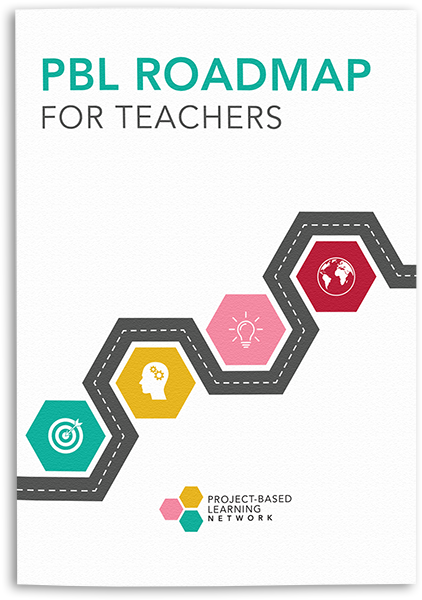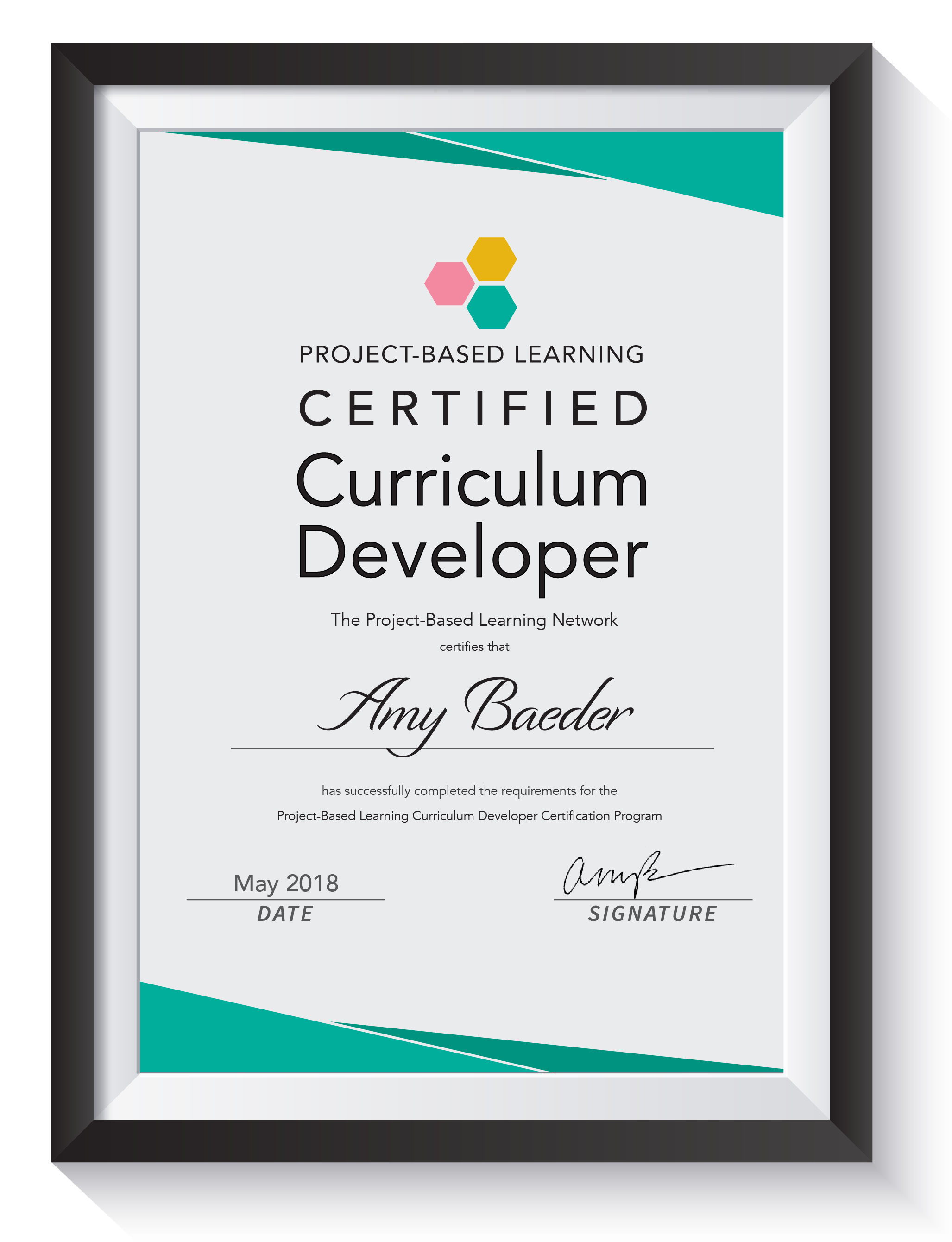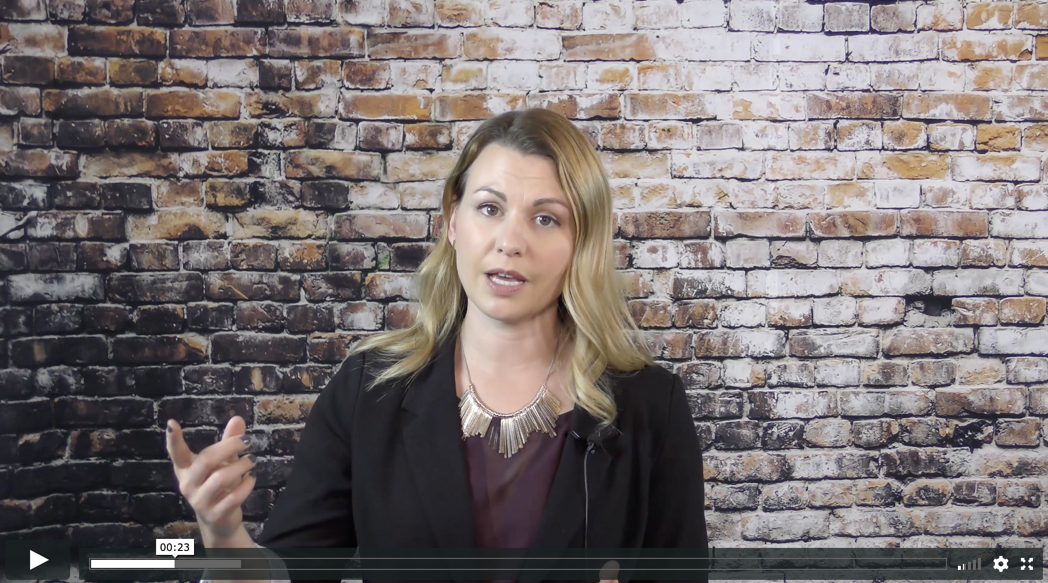
Master the Art & Science of PBL Unit Design
Project-based learning is a powerful way to engage students in rigorous, authentic learning—but without a well-designed unit plan, it's virtually impossible to cover the standards, get students to actually complete high-quality projects, and still keep your sanity.
You know what good teaching looks like, but it's tough to find the time to develop a project-based unit you're proud of during the school year.
And if this is your first true foray into PBL, even taking the first step can be tough.
"I like the idea of PBL, but I don't even know where to start."
And even if you designed the perfect project, when would you teach it?
"I'd love to have my students do a project, but I can barely cover all of the standards as it is!"
The key is unit design, beginning with the end in mind.
Imagine your students...
Understanding the content at a deeper level, and retaining it long-term (instead of forgetting it as soon as the unit is over)
Getting excited about learning—even the reluctant learners who always seem to be disengaged
Solving real-world problems for real audiences, not just turning in assignments for a grade
Exercising their creativity and working collaboratively, while mastering key learning targets
When you've planned a unit that addresses:
...you can find the kind of success with PBL that most teachers only dream of.
I'm Dr. Amy Baeder, and as a curriculum consultant, it's my full-time job to write PBL curriculum and help teachers design high-performance PBL units.
I've taken teachers through the process of fully "PBL-ifying" their entire curriculum, and I've helped countless teachers take the first steps.
And I've discovered that with the right process, tools, and support, every teacher can create the perfect PBL unit for their students.
It's essential to begin with the end in mind, as you can see in my PBL Roadmap for Teachers.
When you build on the right foundation, teaching your new unit—even if it's your first attempt at PBL—becomes much easier.
What I love about PBL is that it works in any setting, at any grade level, for any subject...even if you're in a unique teaching situation.
But perhaps you've tried PBL before and didn't get the results you wanted:
"We had to rush through the content, and the project just felt like an afterthought."
"I wanted to give students choice in how to show their learning, but assessing so many different kinds of projects was a nightmare!"
"I really wanted to get students doing their own projects, but they didn't seem to have the necessary skills."
"Students took so long on their projects that I couldn't cover everything I needed to teach!"
Every teacher navigating PBL alone faces these same challenges.
I've dedicated my career as a curriculum consultant to helping teachers work through these challenges to develop high-performance units.
By following this process that has helped hundreds of other teachers write amazing units, you can avoid the common pitfalls and create meaningful, engaging, and authentic learning experiences for your students.
Once you've written your first high-performance PBL unit, repeating the process—and even PBL-ifying your entire curriculum—becomes an attainable goal.
But how can you make PBL a reality in your classroom, without worrying that your plans will flop?
You've seen what happens when:
These are solvable problems, if we begin with the end in mind.
It all starts with designing a high-quality unit, and that's exactly what I help teachers do in my work as a curriculum consultant.
This course was one of the most useful professional development courses I have taken. The structure and tasks were logical, well-organized, and relevant. I never wondered "Why am I being asked to do this?" Personally, I found the two fishbowl coaching sessions I did with Amy to be the most helpful aspect of the course. She really listened to my ideas and concerns and was able to give me feedback in real time that greatly enhanced my unit."
Georgia ‧ High School English Teacher
5 Stages of Unit Design
Stage 1
Establish Project Foundations
Stage 2
Design an Authentic, Meaningful Project
Stage 3
Sketch Out Assessments & Activities
![shutterstock_762392878 [Converted]-02 Bookends](https://www.amybaeder.com/wp-content/uploads/shutterstock_762392878-Converted-02.png)
Stage 4
Plan Your Project "Bookends"
Stage 5
Resource and Plan
Your Unit
Over the past five years, I've worked with countless schools and districts, helping teachers build PBL units they're proud of.
Based on this experience, I've created a process that any teacher can follow to write a high-performance PBL unit.
Announcing...
The Project-Based Learning Curriculum Developer Certification
The Certification is a self-paced online program that will help you master the entire process of developing a high-performance PBL unit.
You'll walk away with a finished, classroom-ready unit, and you'll emerge with a skill set that'll stay with you for the rest of your career.
Start with just one PBL unit, and you'll notice that your students who have never seemed to care much about their work are coming alive with curiosity, and putting in more effort than you've ever seen before.
You'll still get to teach all of the essential content in your unit, but you'll find yourself coaching and facilitating more as students take greater ownership of their work.
Now, I know developing a high-quality PBL unit from scratch can be overwhelming...
And revising an existing unit to more fully "PBL-ify" it can also be a challenge...
So I've organized the Certification into 5 modules to take you, step by step, through the process I use to write curriculum for my clients.
As you follow the process, you'll get intensive hands-on support so you can develop a high-quality PBL unit to use immediately in your classroom—as well as the skills you'll use over and over again to write new units.
Here's what the program includes:
Modules
This is one of the best professional level programs I've done in my whole teaching career. No comparison.
Sandhya ‧ IB Physics Teacher, Thailand
How It Works
I've designed the Curriculum Developer Certification Program to give you exactly the support you need, with check-ins at key points along the way, so you can craft the perfect unit.
Here's how each element of the program will support you:
Units Our Graduates Have Developed
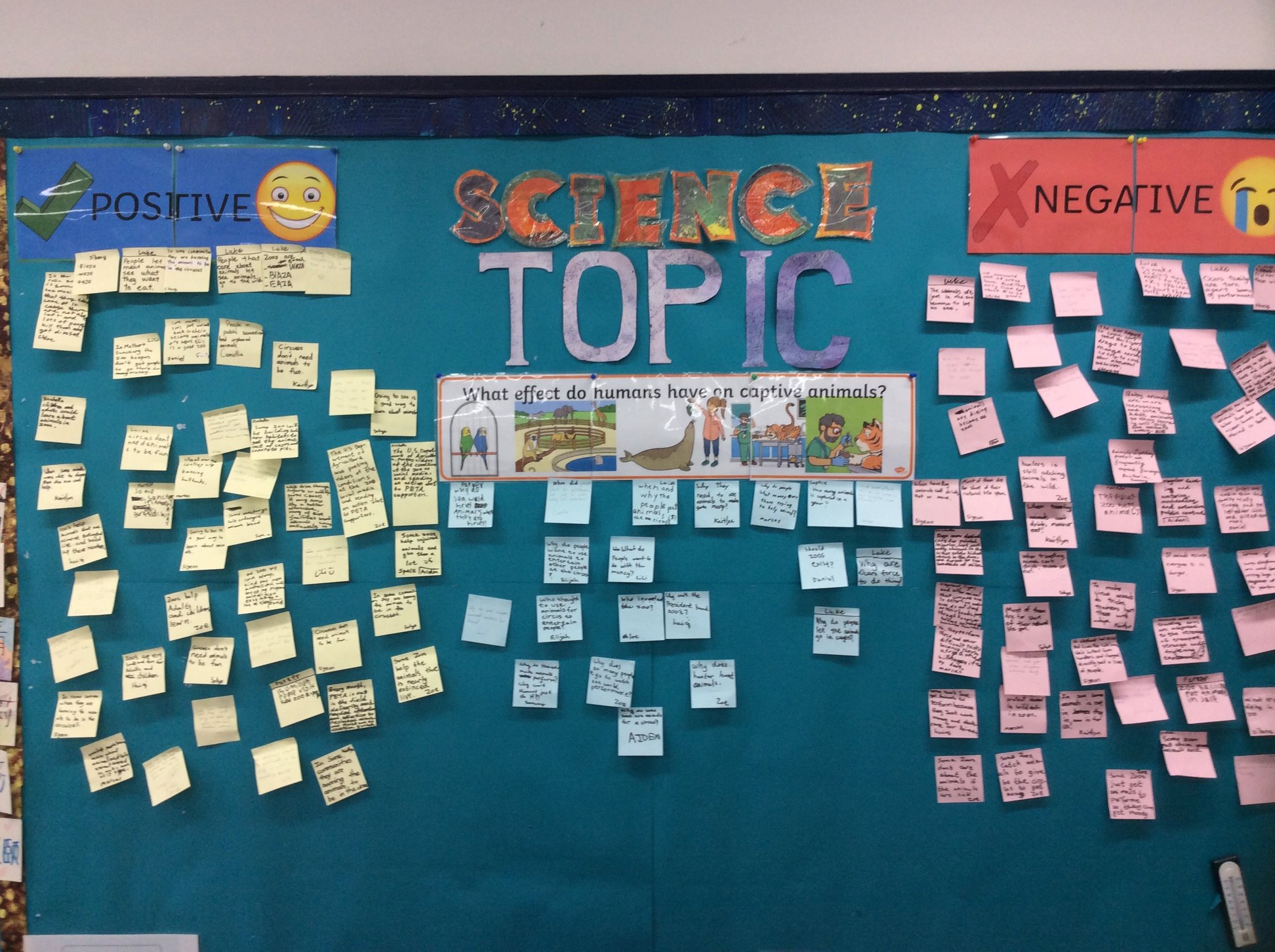
Alexander from Shanghai wrote a 4th grade PBL unit in which students debated the pros & cons of animals in captivity while learning persuasive techniques and the science of animal needs and habitats.
Larry from Idaho produced 4 college-level PBL scenarios for adult learners in an advanced welding program.

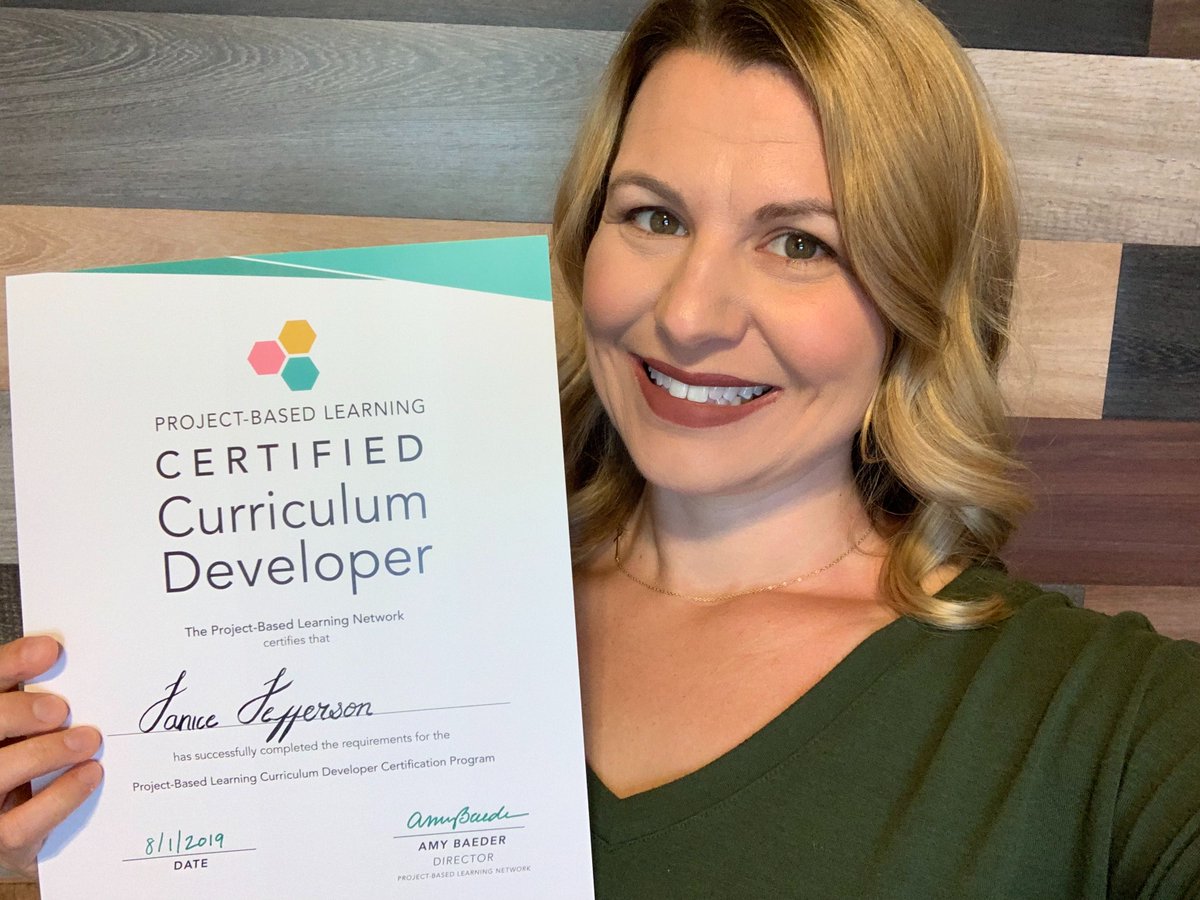
Janice from New Jersey wrote a 6th grade PBL unit on Invention, in which students answered the essential question, “How can the engineering process along with rhetorical speech be utilized to solve a real-world problem?”
Rachael and Rebecca from Shanghai designed a 3rd grade PBL unit in which their students created dual-language Ancient Egypt museum exhibits.
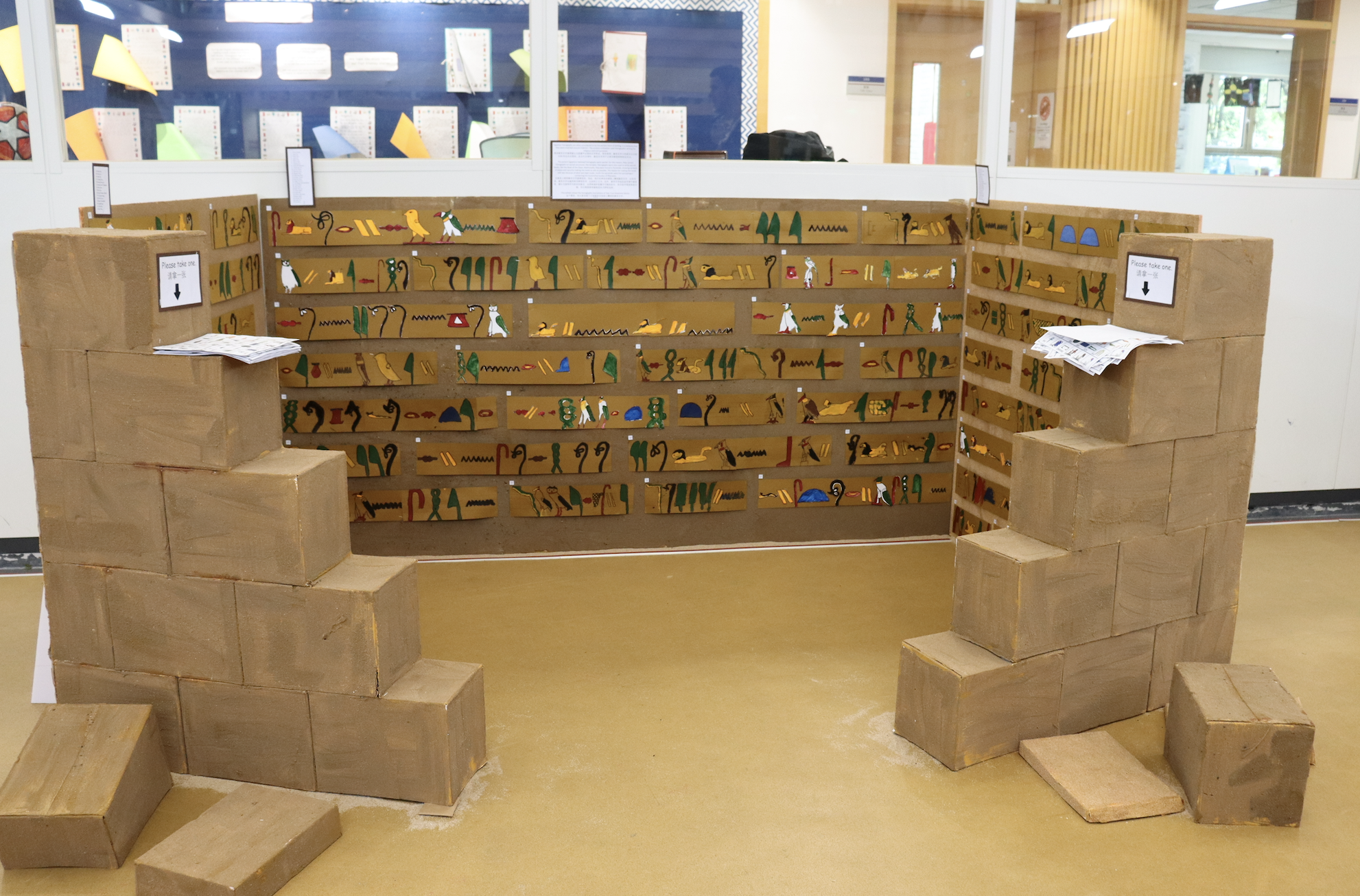

Money-Back Guarantee
The PBL Curriculum Developer Certification Program is backed by a 30-day, 100% money-back guarantee. We are confident that the knowledge and skills you gain from this program will exceed your expectations and make a lasting difference in student learning. If for any reason you are not satisfied with the program, contact us for a full refund.
Register
Want to register a group?
Click here to register a group for the Project-Based Learning Curriculum Developer Certification Program and pay with a Purchase Order or credit card.
Need a quote first?
Click here to request a quote for group access to the Project-Based Learning Curriculum Developer Certification Program
Frequently Asked Questions
The PBL Certification is designed to be completed in six to eight weeks, so you can develop a complete PBL unit that you can use immediately in your classroom. However, you'll get lifetime access to the program, so you can go through it at your own pace and review the modules whenever you'd like.
Because we know school schedules vary, we've designed the Curriculum Developer Certification Program to be self-paced, with check-ins at key points in your unit design process. So you can start any time, and work at your own pace, with no expiration date—you'll have lifetime access to the training modules.
We understand that everyone's calendar is unique, so we've designed this program to be flexible. If you'll need to pause your work temporarily, no problem—you won't fall behind. You can write your unit on your own schedule, and the program never expires, so you can return to it again and again.
The PBL Curriculum Developer Certification Program is designed for teachers who will be writing curriculum to use in their own classrooms and/or to share with others.
Other educators such as administrators, instructional coaches, and central office leaders are welcome to participate in the program.
Even if you do not plan to personally teach a PBL unit, we recommend going through the program—including designing a high-performance PBL unit—in order to fully experience the learning process, so you can effectively support others in implementing project-based learning in your organization.
To register a group, request a quote using the button above.
To earn the PBL Curriculum Developer Certification, you must write a high-performance PBL unit. You'll be guided through each step of this process, with detailed criteria for success, inside the program.
When you register, you'll be invited to our online collaboration forum, where you can ask questions, share ideas, and get support from Dr. Baeder and other members.
Yes! You get lifetime access to the training modules, so you can refer to them over and over again as you develop new units.
Yes, we offer a 25% discount for groups of 2 or more, and substantial whole-staff and whole-district discounts. Please contact us using the form here for a quote.
Yes. This program is 100% online, but Dr. Baeder is available for contracted onsite professional development. Please contact us for more information, rates, and availability.
